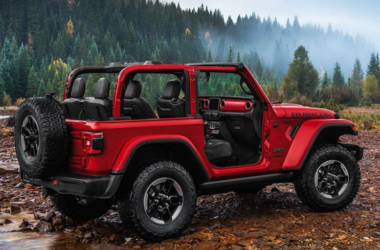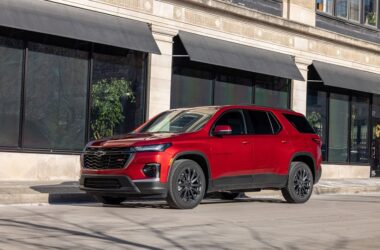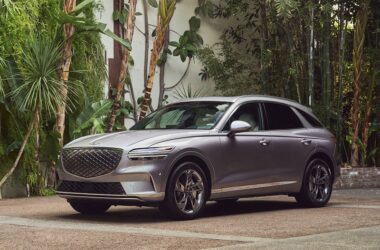Armored vehicles offer a high level of protection for individuals who face significant security threats. However, owning and operating these vehicles involves navigating a complex landscape of legal and regulatory considerations. This article explores the key legal aspects and regulations governing armored vehicles, focusing on the requirements for both manufacturers and owners. It also highlights the expertise of companies like Troy Armoring, which produce high-quality armored vehicles such as Troy Armoring armored sedans.
Legal Requirements for Manufacturers
Certification and Compliance
Manufacturers of armored vehicles must comply with stringent national and international standards. These standards ensure that the vehicles provide the promised level of protection and safety. Certification bodies, such as the National Institute of Justice (NIJ) in the United States and the European Committee for Standardization (CEN), set guidelines for ballistic resistance and material quality. Companies like Troy Armoring adhere to these standards to guarantee that their products, including Troy Armoring armored sedans, meet all regulatory requirements.
Export Controls and Trade Regulations
The production and sale of armored vehicles are subject to export controls and trade regulations. Many countries have laws restricting the export of military-grade equipment, including armored vehicles. Manufacturers must obtain the necessary licenses and permits to export their vehicles legally. This process involves thorough background checks and compliance with international trade agreements to prevent the vehicles from falling into the wrong hands.
Legal Considerations for Owners
Registration and Licensing
Owning an armored vehicle often requires special registration and licensing. In many jurisdictions, armored vehicles are classified differently from standard vehicles due to their enhanced protection features. Owners may need to provide additional documentation, such as proof of need and background checks, to register their armored vehicles. It’s crucial for prospective owners to consult local regulations to ensure compliance.
Insurance Requirements
Insuring an armored vehicle can be more complex and expensive than insuring a regular vehicle. Insurance companies may require detailed information about the vehicle’s specifications, the level of armoring, and the intended use. Owners should work with insurers who specialize in high-risk coverage to ensure their policies provide adequate protection for both the vehicle and its occupants.
Use and Operation of Armored Vehicles
Restrictions on Use
In some regions, there are restrictions on the use of armored vehicles. These restrictions can include limitations on where the vehicles can be driven and under what circumstances. For example, certain urban areas may have regulations prohibiting the use of heavily armored vehicles without special permits. Understanding these restrictions is vital to avoid legal complications.
Law Enforcement and Military Regulations
Armored vehicles used by law enforcement or military personnel are subject to additional regulations. These vehicles must meet specific standards for use in tactical operations and public safety scenarios. Law enforcement agencies must ensure their armored vehicles are equipped and maintained according to these standards to effectively protect officers and civilians.
International Regulations
Cross-Border Travel
Traveling with an armored vehicle across international borders involves adhering to various regulations. Owners must ensure their vehicles meet the destination country’s import and registration requirements. This often includes providing documentation on the vehicle’s armoring specifications and obtaining temporary import permits. Failure to comply with these regulations can result in fines, confiscation of the vehicle, or other legal penalties.
Compliance with International Standards
International standards, such as those set by the United Nations (UN) and the International Organization for Standardization (ISO), play a crucial role in the global regulation of armored vehicles. These standards ensure a uniform level of safety and protection across different countries. Manufacturers and owners must stay informed about these standards to ensure their vehicles remain compliant when used internationally.
The Role of Troy Armoring in Regulatory Compliance
Expertise in Regulatory Compliance
Companies like Troy Armoring are well-versed in the legal and regulatory considerations for armored vehicles. They ensure that their products, including Troy Armoring armored sedans, meet all relevant standards and regulations. This expertise provides clients with peace of mind, knowing their vehicles are compliant with national and international laws.
Continuous Updates and Support
Troy Armoring also offers ongoing support to their clients, helping them navigate the complexities of owning and operating armored vehicles. This support includes guidance on registration, licensing, and compliance with evolving regulations. By staying up-to-date with legal requirements, Troy Armoring ensures their clients can use their armored vehicles confidently and legally.







